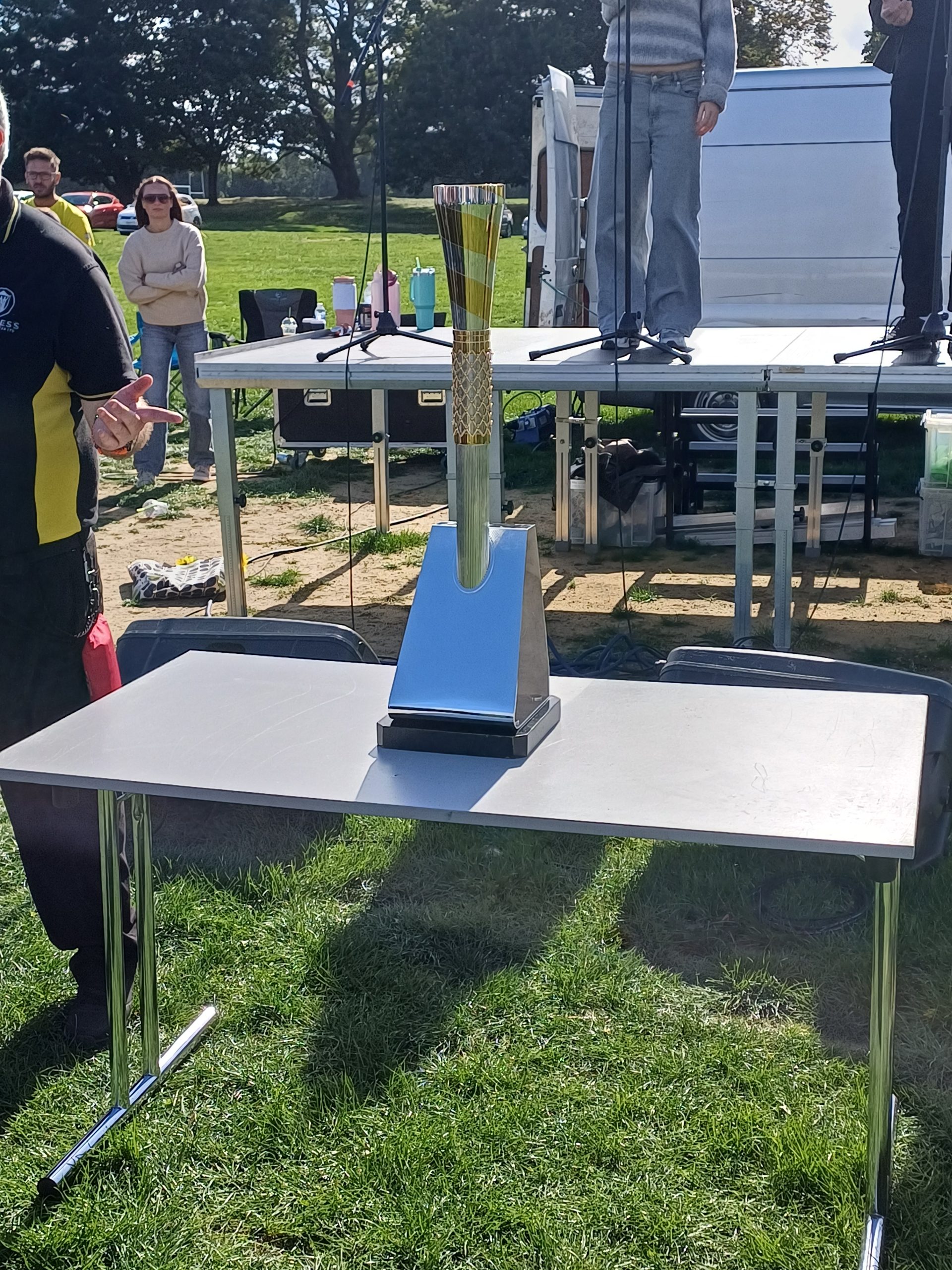What is EMDR therapy?
Eye Movement Desensitisation and Reprocessing (EMDR)
Despite the name of this talking therapy sounding a little daunting, it is non-invasive, not painful and is not a medical procedure. Instead, Eye Movement Desensitisation and Reprocessing (EMDR) therapy is a treatment method which uses side-to-side eye movements and talking to help the brain process traumatic memories and file them away.
You may be struggling to process a traumatic event or you may have been diagnosed with Post Traumatic Stress Disorder (PTSD) and are looking to talk to a professional, like a therapist, about working on your traumatic memories.
At NHS Talking Therapies, we offer EMDR therapy in Kent and Medway and the surrounding areas if you are struggling to deal with your mental health as a result of negative thoughts associated with your previous trauma.
What is EMDR therapy?
EMDR is a form of psychotherapy conducted by trained professionals to help people of all ages to heal from the symptoms and emotional distress sustained after enduring a disturbing life experience. If you have been in or witnessed a car accident, had a traumatic childbirth or you were assaulted, sexually assaulted or abused, EMDR therapy can help the mind heal from psychological trauma as much as the body recovers from physical trauma.
EMDR therapy simulates typical eye movements, like those we experience when we start dreaming or have rapid eye movement (REM) sleep. Your fully qualified therapist will ask you to focus on the upsetting event. before beginning sets of side-to-side eye movements, sounds or taps. You will be asked to notice what comes to mind after each noise, which will be repeated until the event becomes less disturbing. The process of undergoing EMDR is not physically intrusive, but it can be an intense and emotional process. You have full control of the situation and your therapist can stop at any time should you ask them to.
Although you may have been officially diagnosed with PTSD and are accessing specialist EMDR therapy, you do not need to have a diagnosis to undergo this from of reprocessing treatment.
EMDR can help with processing these traumatic experiences, PTSD and feeling anxious, low or depressed, and it can be delivered to people of all ages. It can be combined with other types of talking therapies, like Cognitive Behavioural Therapy (CBT).
EMDR for children and adolescents
Recognised by the World Health Organisation as an effective therapy for children and adolescents who have experienced traumatic events, EMDR can help symptoms in children improve within only a few weeks. EMDR therapy can support your child or adolescent with a variety of emotional and psychological problems like phobias, depression or attachment issues, as well as PTSD. A small percentage may develop symptoms of PTSD or anxiety, but EMDR can be adapted to align with the specific needs and developmental stage of your child or adolescent to ensure they receive the best treatment possible.
EMDR for adults
EMDR can be used for adults who have experienced traumatic events, like women who have experienced a traumatic childbirth or adults who have been in serious car accidents. If an adult endured childhood trauma, EMDR can help them reprocess and diminish the emotional intensity associated with these traumatic memories that are preventing you from moving forward with your life.
EMDR for psychosis can also support adults who have stored traumatic memories that they are trying to work past.
At NHS Talking Therapies, we offer eye movement desensitisation and reprocessing as a form of PTSD treatment or to help you or your child overcome distressing and traumatic memories. Although it is a fairly new therapy, EMDR can be an extremely effective way to deal with traumatic events and help you live a happier life.
If you are located in Kent and Medway or the surrounding areas and you are looking for support with your mental health in the form of EMDR therapy, you can self-refer via our Limbic referral assistant, by calling us on 0333 091 0414 or through a GP or healthcare professional referral.
We are here to help you.

Published date:
2nd August 2023
In partnership with:




